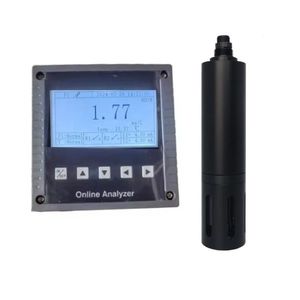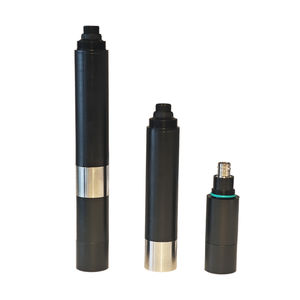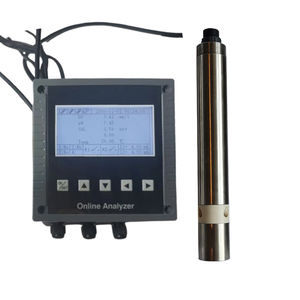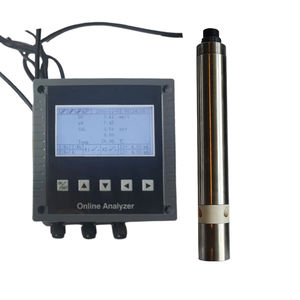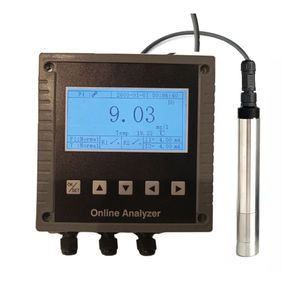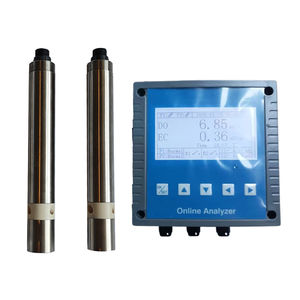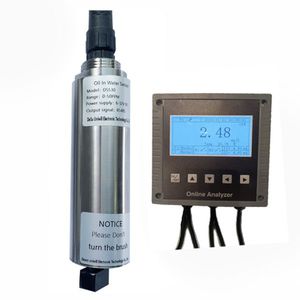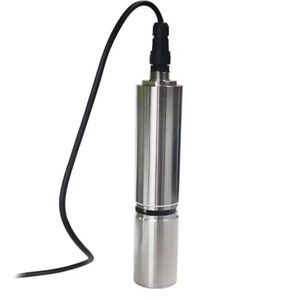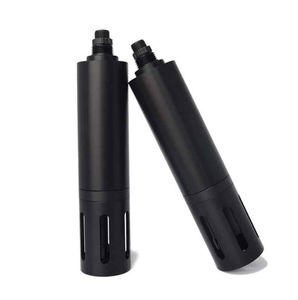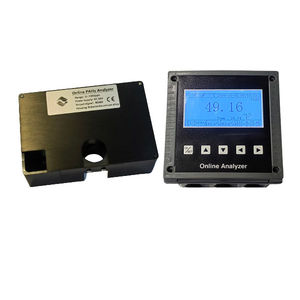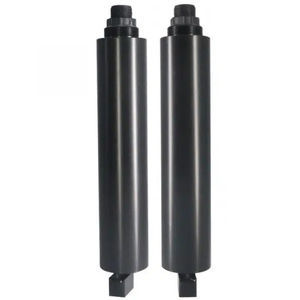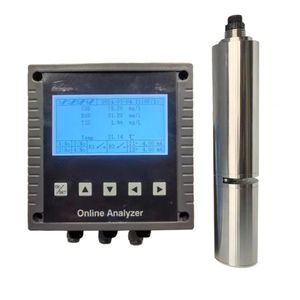
- Products
- Catalogs
- News & Trends
- Exhibitions
Water analyzer wastewaterhydrocarbonpetroleum
Add to favorites
Compare this product
Characteristics
- Measured entity
- water, wastewater, petroleum, hydrocarbon
- Application domain
- monitoring
- Measured value
- concentration, fluorescence
- Configuration
- probe
- Technology
- UV fluorescence
Description
Desun Uniwill PAH Sensor works in the measuring principle of UV fluorescence, it’s more sensitive and specific than the conventional infrared scattering or absorption methods. It can detect and measure polycyclic aromatic hydrocarbons (PAHs) from 0 to 1000 ppb (µg/L).
PAH probes connect to controllers for data display and recording. It features an RS-485 interface that allows easy and fast sensor configuration via Modbus.
Desun Uniwill is delighted to introduce its newly developed PAH Sensor to the market. The PAH Probe is a fluorimeter that accurately and continuously measures the concentration of Polycyclic Aromatic Hydrocarbons in water. These PAHs result from the incomplete combustion of petroleum and are present in most mineral oils or fuels. The sensor measures the sum of the PAHs passing in front of the lens, detecting and measuring polycyclic aromatic hydrocarbons (PAHs) from 0 to 1000 ppb (µg/L).
Desun Uniwill PAH Measurement Sensor operates on the principle of UV fluorescence, which is much more sensitive than the conventionally used infrared scattering or absorption method. This enables the determination of even the slightest traces of PAHs, for example, in drinking water and cooling water condensates. Application areas include the petrochemical industry, leakage detection in cooling and wastewater streams, as well as environmental monitoring. The Fluorescence PAH Oil Probe can be used stationary in shafts, flow, and pipelines. PAH probes connect to controllers for data display and recording. It features an RS-485 interface that allows easy and fast sensor configuration via Modbus.
Related Searches
- Concentration analyser
- Monitoring analyser
- Liquids analyser
- Gas sensor module
- Automated analyzer
- Water analyser
- Real-time analyser
- Digital analyser
- Power quality analyzer
- Waterproof analyzer
- Analyser for the food industry
- RS485 analyser
- Control analyser
- Electrical network analyzer
- Oxygen meter
- Quality control analyser
- PH sensor
- Power analyser
- Conductivity sensor
- Digital gas sensor
*Prices are pre-tax. They exclude delivery charges and customs duties and do not include additional charges for installation or activation options. Prices are indicative only and may vary by country, with changes to the cost of raw materials and exchange rates.


